- Home
- About Us
- Products
-
Heat-Pump Dehumidifier DeAir
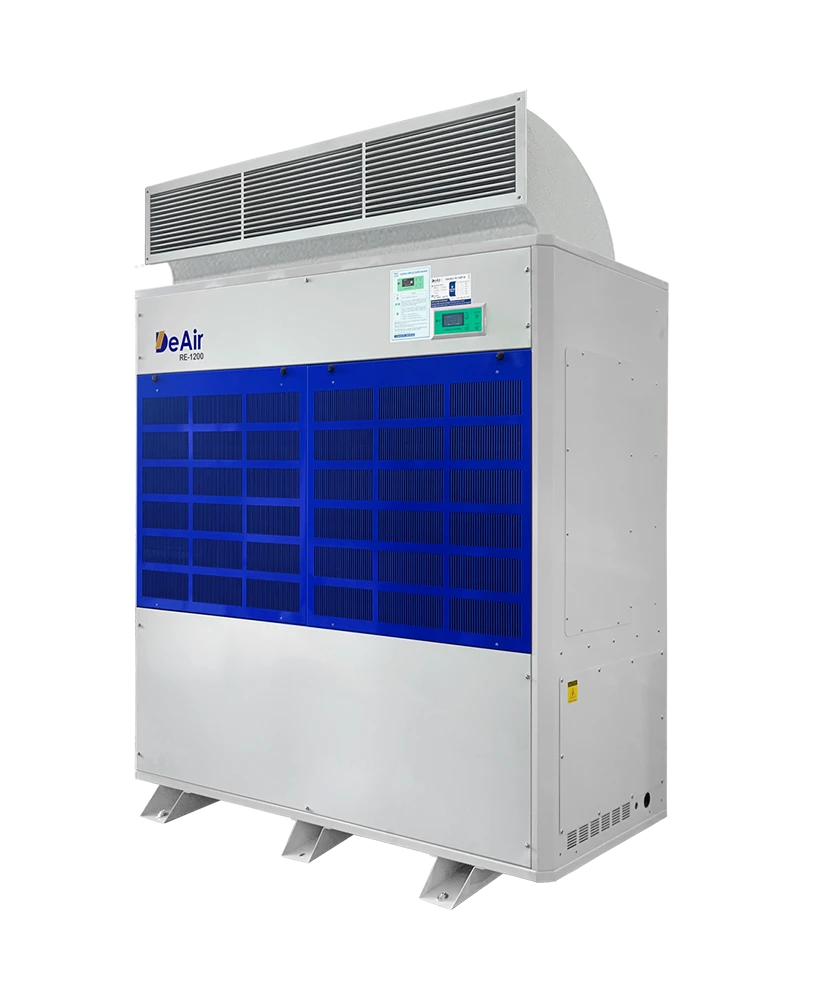 DeAir.RE
DeAir.RE -
Heat-Pump Dryer DeAir.RE-H
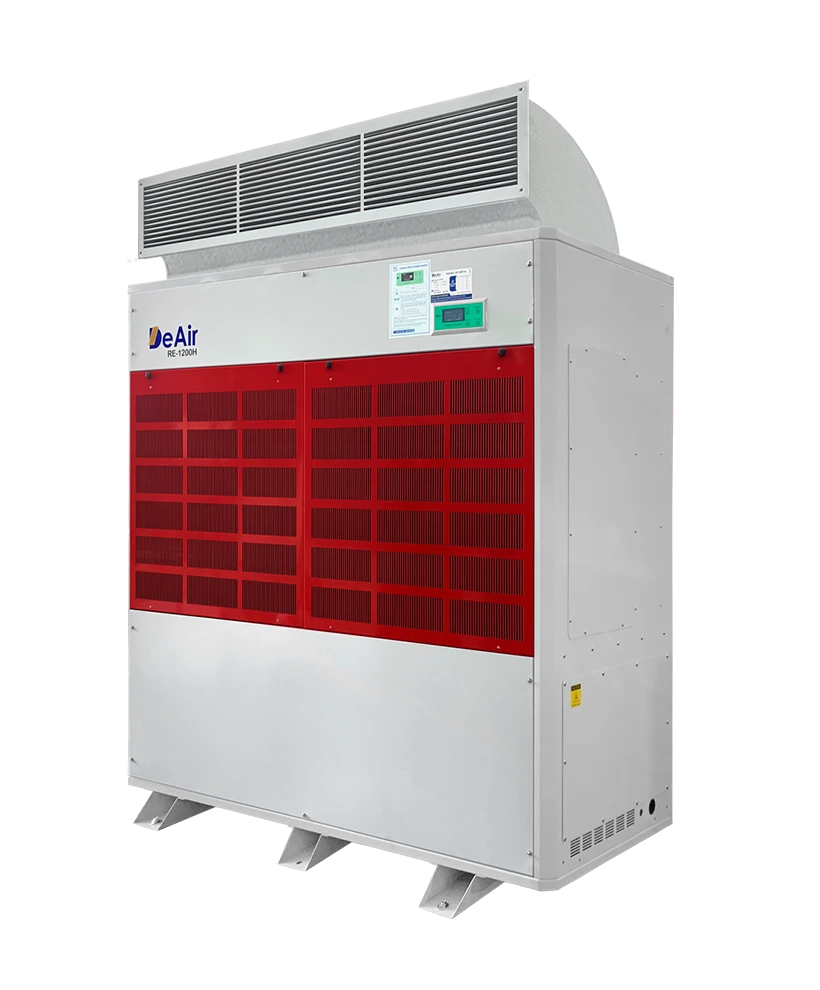 DeAir.RE-H
DeAir.RE-H -
Heat-Pump Stainless Steel Dehumidifier
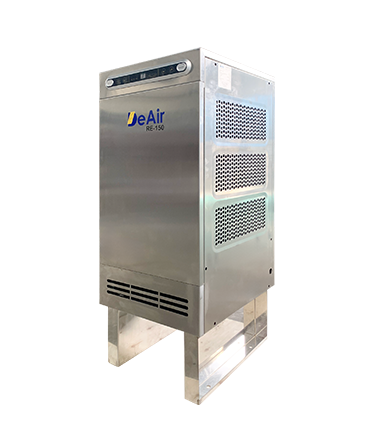 DeAir.RE-INOX
DeAir.RE-INOX -
Heat-Pump Isothermal Dehumidifier DeAir.CRE
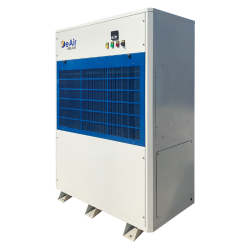 DeAir.CRE
DeAir.CRE -
Dezenno Dehumidifier
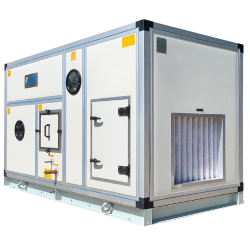 Dezenno
Dezenno -
Heat-Pump Ceiling Mounted Dehumidifier DeAir
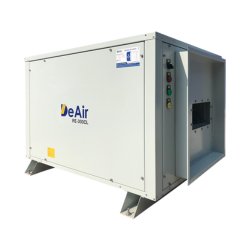 DeAir.RE-CL
DeAir.RE-CL -
Dehumidifier Olmas
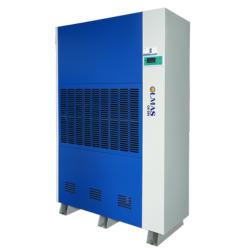 Olmas-OS
Olmas-OS -
Industrial Humidifier DeAir
 DeAir.HM
DeAir.HM -
Heat-Pump Dryer Daxwell
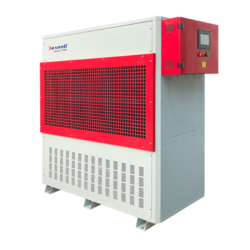 Daxwell
Daxwell -
Electric Duct Heater DeAir
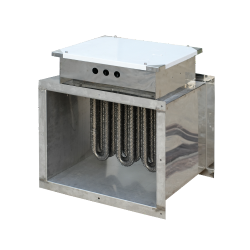 DeAir.Heat
DeAir.Heat -
Air Handling Unit Dezenno.MAX
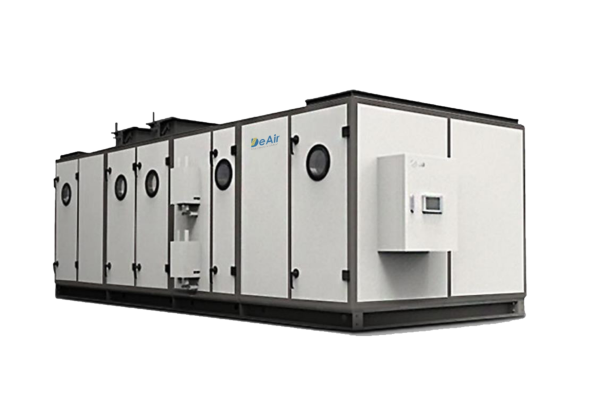 AHU
AHU
-
- Services
- Projects
- Warranty – Maintenance
- News
- Contact
Heat Pump Dehumidifier DeAir: Solution for Seafood Export
08/04/2025
Dehumidifiers for the Seafood Industry: The Optimal Solution to Improve Quality and Expand Export Markets
Vietnam's seafood export industry is facing many opportunities and challenges in the context of a volatile global market. In particular, the new tax policy from the United States has created significant pressure, requiring businesses to make strong changes to maintain and develop. One of the important directions is to improve product quality to meet the strict standards of major markets such as the European Union (EU), Japan, Korea and China. In particular, humidity control plays a key role in the processing and preservation of seafood, and industrial dehumidifiers have become an important technological solution. This article will analyze the current situation of the seafood export industry, new directions, and introduce the product Heat Pump DeAir stainless steel dehumidifier as a powerful tool for businesses.
Current Situation of Vietnam's Seafood Export Industry
Vietnam's seafood export industry is facing significant challenges due to the new US tax policy, especially the expected reciprocal tax rate of up to 46% effective from April 9, 2025. This tax rate is considered one of the highest, after Laos and Madagascar. This poses a serious threat to the profitability and competitiveness of Vietnamese enterprises in the US market, a leading export market. Vietnamese seafood prices are expected to increase significantly in the US market, significantly reducing their competitiveness compared to rivals such as India (26%), Ecuador (10%), Indonesia (32%) and Thailand (36%). The Vietnam Association of Seafood Exporters and Producers (VASEP) has expressed deep concern and called on the government to take urgent intervention and negotiations.
Given this situation, Vietnamese seafood exporters need to proactively seek and exploit alternative markets, while improving product quality to meet the strict standards of these markets.
The Importance of Humidity Control in Seafood Processing and Storage
High humidity promotes the growth of bacteria, molds and other microorganisms, leading to spoilage and potential food safety issues. It can also cause undesirable changes in the texture, flavor and appearance of seafood. In fatty fish, high humidity also accelerates oxidation and rancidity. Additionally, improper humidity control can cause ice build-up in refrigeration equipment and corrosion of processing equipment. Conversely, low humidity can cause seafood to over-dry, affecting texture and reducing nutritional value. Maintaining the correct humidity level is critical to preserving seafood quality and extending shelf life. The optimal relative humidity range is typically between 40-60% RH to inhibit microbial growth.
Proper humidity control also contributes to achieving the high hygiene standards required by major import markets such as the EU and Japan. Dehumidification helps prevent condensation on surfaces inside the processing facility, as this condensation can harbor bacteria and contaminate the product, failing to meet standards such as HACCP. Humidity control is also important in preventing freezer burn, which reduces the quality of frozen seafood and can make the product unacceptable for export.
However, humid working environments are still common in seafood processing plants in Vietnam, causing many challenges in effective humidity management.
New Directions: Diversify Markets and Improve Quality with Humidity Control Solutions
To minimize the negative impact of US tax policies, the Vietnamese seafood industry needs to have strategic directions:
- Diversify export markets: In addition to the US market, businesses need to focus on exploiting other potential markets such as the EU, Japan, Korea and China. Each of these markets has its own quality standards and import regulations. For example, the EU has strict regulations on hygiene (Regulation (EC) No. 852/2004) and consumer safety (Regulation (EC) No. 178/2002). Japan has strict food safety standards and seafood import regulations based on the Food Hygiene Law. China requires overseas seafood suppliers to register with the General Administration of Customs of China (GACC). Source: TTWTO VCCI - (FTA) Thông tin cho doanh nghiệp tiếp cận thị trường EU
- Improving product quality: To meet the strict standards of these markets, comprehensive quality control is a key factor. In particular, effective humidity control is an important step to prevent the growth of microorganisms, prolong the storage time and ensure food safety.
- Investing in advanced technology: The application of advanced technologies in seafood processing and preservation, including humidity control systems, will bring significant competitive advantages.
DeAir Stainless Steel Dehumidifier: An Effective Humidity Control Solution for the Seafood Industry
In that context, industrial dehumidifiers have become an indispensable solution for seafood processing enterprises. DeAir is proud to introduce the product line of Heat-Pump DeAir.RE-INOX dehumidifiers with durable, rust-proof stainless steel shells, specially designed to meet the strict requirements of the seafood industry.
Outstanding advantages of DeAir stainless steel dehumidifier:
- Outstanding humidity control ability: DeAir dehumidifier helps maintain the ideal humidity level in the processing and storage environment, preventing the growth of bacteria, mold and harmful microorganisms.
- Protecting product quality: By controlling humidity, DeAir dehumidifiers help prevent spoilage, prolong shelf life and maintain the freshness of seafood.
- Meet export standards: Using DeAir dehumidifiers helps businesses meet the strict hygiene and quality standards of international markets such as the EU, Japan, Korea and China.
- High durability, anti-corrosion: With a durable, anti-rust stainless steel shell, DeAir dehumidifiers are designed to operate effectively in high humidity environments and frequent contact with water in the seafood industry.
- Energy Savings: DeAir's modern dehumidification systems have the potential to save energy compared to using refrigeration or ventilation systems alone to manage humidity.
- Equipment Protection: Humidity control helps protect expensive machinery and equipment from corrosion and rust caused by high humidity, reducing maintenance and replacement costs.
DeAir is proud to have a team of experienced and dedicated experts in the field of humidity treatment, always ensuring the highest quality and most efficient operation for each project. Businesses can contact DeAir via phone number 0925977579 or email deair@deair.com.vn for the best advice and support. DeAir's office and factory are located at 442/8 National Highway 1A, An Phu Dong Ward, District 12, Ho Chi Minh City.
Case Study and Strategic Recommendation
A case study from AquaPri A/S in Denmark shows that installing a desiccant dehumidifier has helped them eliminate condensation, meet strict HACCP regulations and improve the working environment. This demonstrates the practical benefits of using industrial dehumidifiers in the seafood industry.
To be successful in the export market, Vietnamese seafood enterprises need to:
- Prioritize quality improvement by implementing comprehensive quality management systems, focusing on hygiene, temperature control and humidity management.
- Invest strategically in industrial dehumidification systems that suit the specific needs of processing and storage facilities. Consider choosing models such as DeAir.RE-INOX with durable stainless steel housing.
- Enhance cold chain management and improve traceability systems.
- Seek relevant certifications such as HACCP, ISO 22000 to enhance credibility and market access.
- Stay up to date and adapt to import regulations and consumer trends in target markets.
Conclusion
The new US tax policy is a big challenge, but at the same time it is also an opportunity for the Vietnamese seafood export industry to review and make strategic changes. Improving product quality through effective humidity control using technological solutions such as the DeAir industrial dehumidifier with stainless steel shell is the right direction. By diversifying markets, investing in technology and comprehensive quality management, the Vietnamese seafood industry can completely overcome difficulties and ensure sustainable development in the future.
Sign up for news from DeAir
Related news






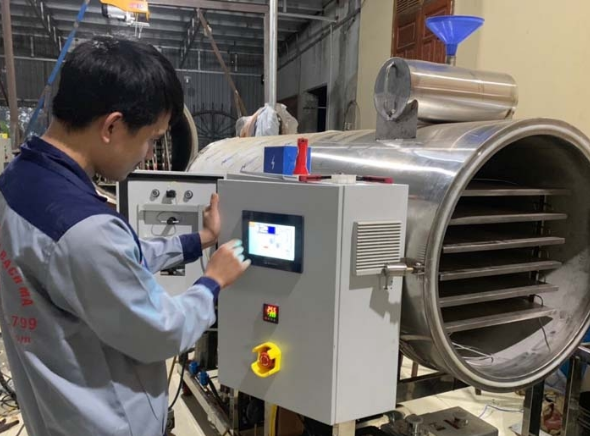


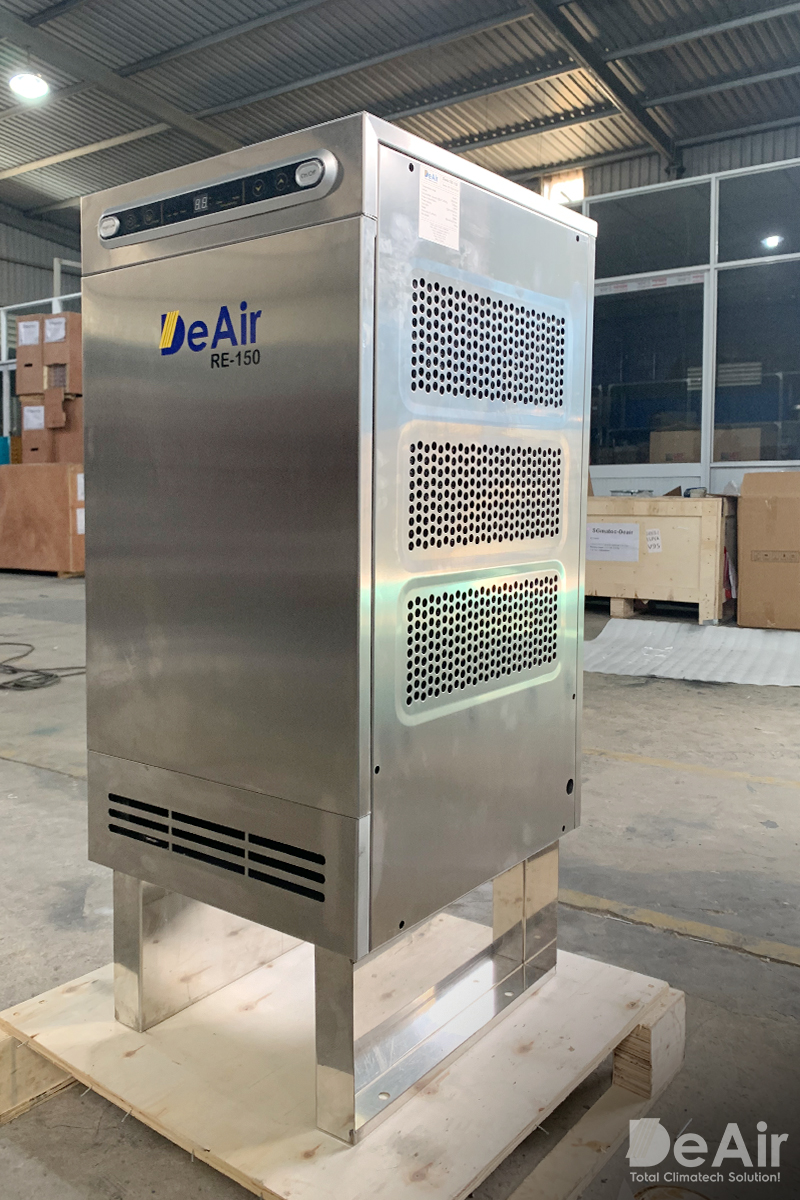
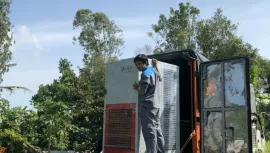
![[Case Study] DeAir Installs DeAir.De Rotor Humidity Control System for Pharmaceutical Plant in Binh Duong [Case Study] DeAir Installs DeAir.De Rotor Humidity Control System for Pharmaceutical Plant in Binh Duong](https://deair.com.vn/thumbs/news/2023_04/ban_giao_may_cho_duoc_bd/[270x153-cr]image1-1024x772.jpg__cv.webp)
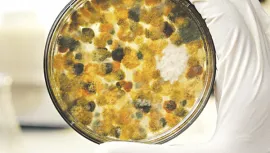
![[Review & Guide] Olmas OS-300: The New Humidity Control "Warrior" for Medium to Large Warehouses [Review & Guide] Olmas OS-300: The New Humidity Control "Warrior" for Medium to Large Warehouses](https://deair.com.vn/thumbs/news/huong_dan_su_dung_may_olmas_21/[270x153-cr]vtm06440.png)